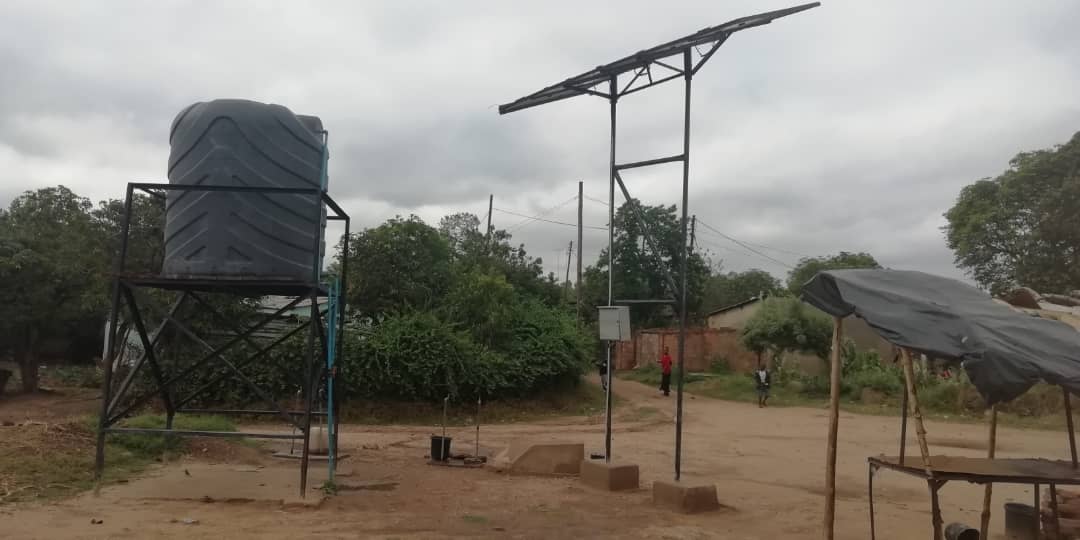|
Getting your Trinity Audio player ready…
|
By Nhau Mangirazi
Karoi Town Council is pushing for an ‘ambitious project’ aimed at easing the precious liquid affecting residents through water kiosks.
Town acting finance director, Fred Mumiriki, told stakeholders recently that the council is looking forward to drilling solar-powered boreholes at strategic points in some wards.
‘‘Part of short-term plans from our next year budget includes water kiosks that will help in water access as a human right for our residents. We hope to generate enough funds for a few of these water kiosks for residents in our town’s residential areas. The water crisis is affecting every household and the council will play its role in ensuring that safe and clean water is made available at some strategic points,’’ said Mumiriki.
He explained that the council will use a solar-powered borehole model drilled in Ward 4 ahead of the 26 March by-elections that were won by Citizens Coalition for Change Rhoda Jaji against Zanu PF Solomon Chikwerengwe.
‘‘We hope our solar-powered boreholes will be used as water kiosks for our residents so that they are not affected when taps are dry,’’ said Mumiriki.
He added that the council paid US$2 220.00 and ZWL$1 228 395.00 for the installation of the solar-powered borehole in Ward 4 as part of capital expenditure during the 2022 budget.
The council has proposed a ZW$4 billion budget to be funded through the enactment of 16 bylaws that will generate funds for the council’s development.
It was resolved that the tariffs will remain unchanged.
The Zimbabwe National Water Authority has faced acute power cuts that have affected most towns and cities where they supply water around the country.
In Karoi town, some residents have gone for several years without a drop of water due to aging pipes and the growing population.
According to the Zimbabwe Women’s Parliamentary Caucus (ZWPC) chairperson, Goodluck Kwaramba, in all societies, women still carry out a greater share of unpaid care work responsibilities, especially in the areas of water and energy provision for the household as well as caring for children, the terminally ill and the elderly.
Globally, women carry out 76% of the total amount of this work, over three times more than men including fetching water among other domestic chores.
ZWPC advocates for the addressing of unpaid care and domestic work through the recognition, reduction, redistribution, and representation.
